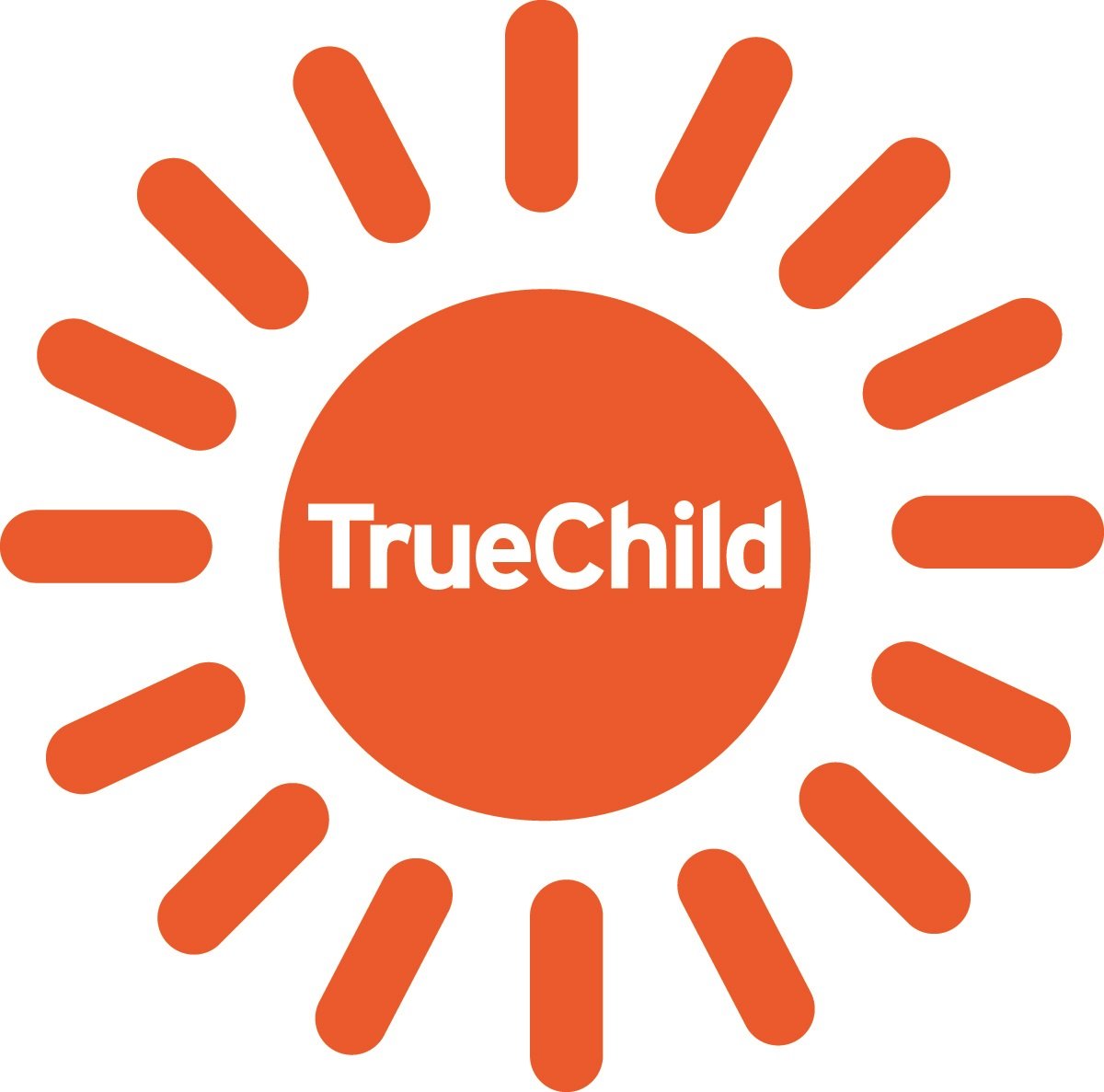Anti-Transgender Violence
Gender+Racial Equity Footprint
Climate justice & Gender justice
gender-informed giving
Economic Security
Homophobia & Teen Suicide
juvenile justice, race & Gender
MINNESOTA: A State gender Survey
More effective FuNDING: A Guide
Science & Math (STEM)
School Push-outs
SEX TRAFFICKING & MASCULINITY
Young Black Men
Young Black Women
Young Latinas (Jovenas Latina)
Young Jewish Women
Transgender Violence
Women: The Global South
Tide of violence
Activists and advocates have been highlighting a murderous tide of violence that regularly claims the lives of gender non-conforming and transgender youth. But many Americans remain unaware of this, and so the epidemic often remains invisible.
On average, about one young transgender person is murdered about every two to three weeks.
50 Under 30
In 2006, under former name "GenderPAC" and with help from Global Rights, TrueChild published one of the first national studies of murderous violence against transgender and gender non-conforming youth.
Titled "50 Under 30," it documented fatal attacks over a 10-year period from 1995 to 2005. The report was widely adopted by law-enfrocement, policy-makers, and media, including the federal Hate Crimes Coalition. About 80% of victims are African-American women, and almost all are youth of color from low-income communities.
District of Columbia
The District of Columbia has been an epicenter for such attacks, often tallying more victims than most states many times its size. This led local officials to become increasingly proactive in developing innovative initiatives, beginning wight he Respect Campaign launched by the Mayor's Office in 2012 under the tagline "I'm Part of DC," and featuring transgender people.
Support
With support from the Department of Justice Grant Administration, TrueEquity conducted formative research to better understand the specific attitudes that drive violent hatred towards transgender people, particularly young transwomen of color.
We surfaced four key message points about how transgender women are perceived that were closely linked to animus towards them. A model 60-90 minute intervention and five-minute video were then developed, specifically to address these points.
The DC Office of LGBT Affairs and Office of Human Rights, and a coalition of community-based organizations led by Sexual Minorities Youth Assistance League (SMYAL), Community Education Group, The Campbell Center, and Transgender Health Empowerment (THE) were all involved in providing guidance and resources. The Southern Poverty Law Center and New York Anti-Violence Programs (AVP) acted as expert advisors.
Changing Attitudes
After three rounds of piloting and refinement with young straight males recruited by the DC Department of Parks & Recreation, outcome data was very encouraging.
Key findings by third-party evaluators included:
80% of participants agreed that "if faced with a situation involving violence against transgender women, I would do something to stop it:"
45% said the intervention made them think about transwomen differently; and,
45% said it changed their attitudes about violence against transwomen.
The full intervention and video are available online at www.ImpartOfDC.org

